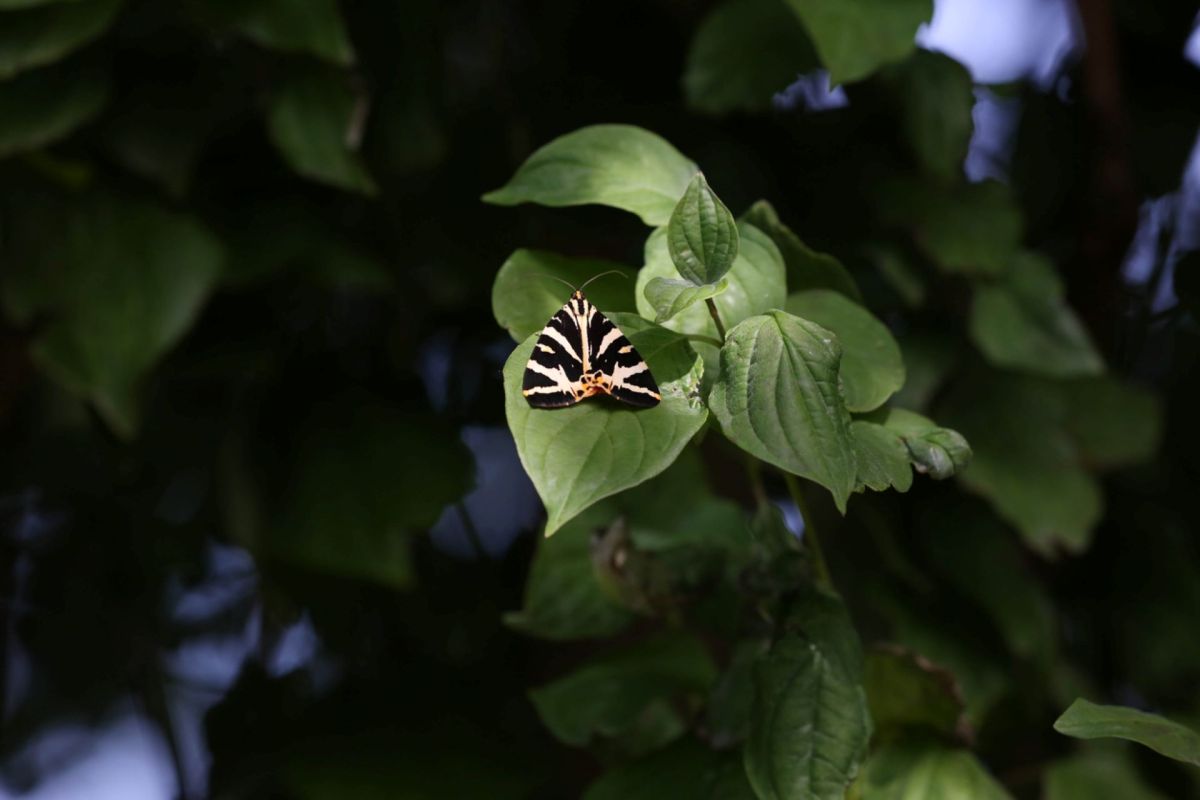When discussing the ways that air pollution and the resulting rise in Earth's temperature affect the natural world, we often focus on the animals that are vanishing each year, including iconic creatures like the manatee and the monarch butterfly.
Just as worrisome, however, is the spread of other species into areas that would have been too cold for them before. Conservation organization Bath City Farm has reported roughly 30 species that have moved into its area over the last eight years, the Guardian reported.
What's happening?
As the average temperature of the world rises, summers are just a bit warmer, and winters are just a little less cold across the globe (although the unstable weather patterns that accompany the change create exceptions like severe winter storms).
Normally, different species have a limited range in which they can live based on the local conditions, including the temperature. As the temperature rises, that range shifts away from the hot equator — as the southern part of the creature's territory gets too hot for it — and toward the cold poles — as the area at the north of its territory, which used to be too cold, is now just right.
That's what volunteers are observing in the Georgian city of Bath, especially with insects and arachnids, the Guardian reported. Species like the wasp spider, Jersey tiger moth, green meshweaver spider, ivy bee, and lesser hornet hoverfly — all of which used to be summertime visitors if they appeared at all — are now turning up for more and more of the year.
"In the early 1990s we only ever saw the wasp spider on the south coast of England, in Dorset," ecologist Mike Williams told the Guardian. "I would never have imagined then that one day they would be found as far north as Bath as we live with the realities of climate change."
Why is the spread of these species concerning?
While many of these bugs are beautiful and fascinating, their appearance is a grim sign of how much the Earth's temperature has shifted and how much ecosystems are being disrupted as a result.
"It fascinates and saddens me," said Williams. "Most of the crickets you hear calling in the meadows have only been in Bath for the past 20 years or so — these are Roesel's bush-cricket and long-winged conehead ... I tell people on my nature walks around the farm that they are listening to the sound of climate change when we hear them."
What can I do to stop the Earth from getting hotter?
Besides voting for more eco-friendly policies, you can help the climate by cutting back your air pollution and household waste. Check out TCD's Guide microsite for home, garden, and investment ideas.
Join our free newsletter for weekly updates on the coolest innovations improving our lives and saving our planet.









